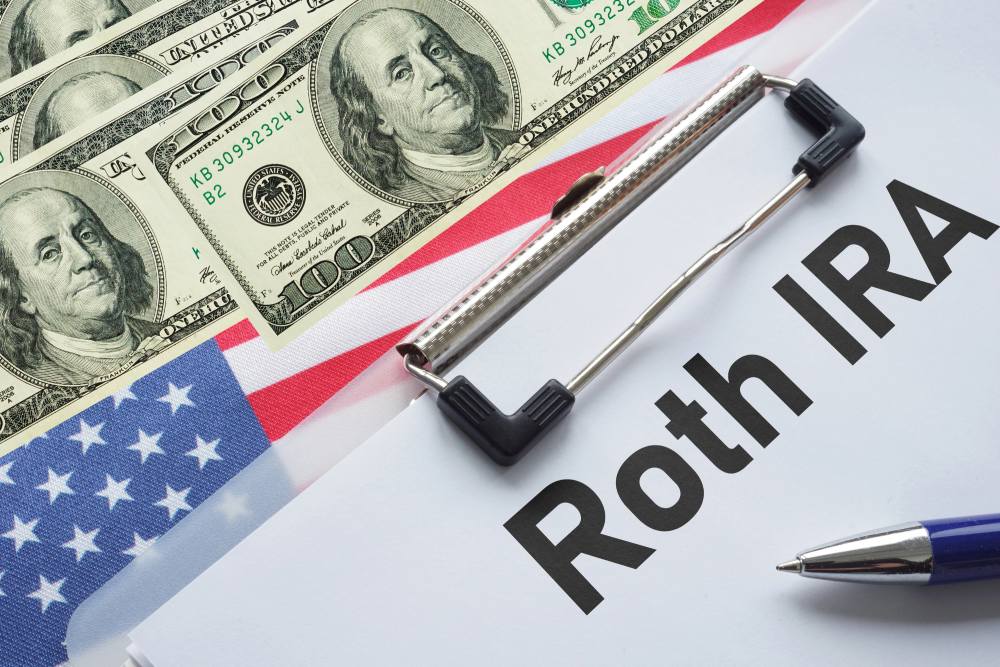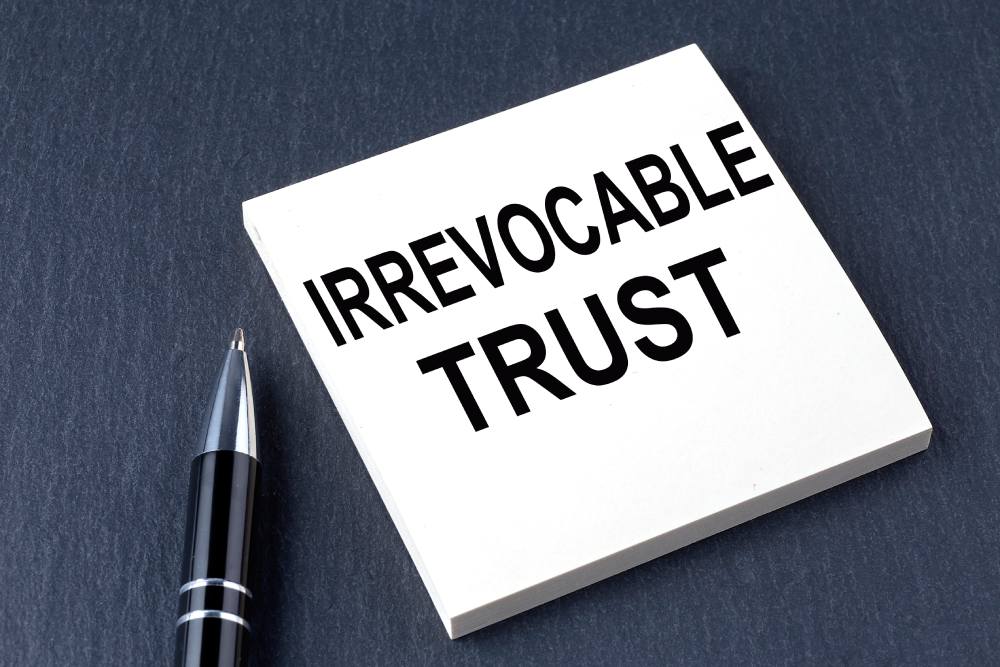When setting up an irrevocable trust, one of the key benefits is the protection it offers from creditors. However, many people wonder, can the IRS seize assets in an irrevocable trust? While these trusts offer significant protection, there are exceptions. Let us explore how the IRS can potentially access assets in an irrevocable trust, including the legal tools you can use to safeguard your wealth.
What Is an Irrevocable Trust?
An irrevocable trust is a legal entity that holds assets for the benefit of the trust’s beneficiaries. Once assets are transferred to this trust, they cease to belong to the person who created the trust (the grantor). This separation makes it more difficult for creditors to claim those assets, as they are no longer in the grantor’s possession.
While this setup offers a strong layer of protection, it does not guarantee complete immunity from all types of claims, especially those from the IRS.
Can the IRS Seize Assets in an Irrevocable Trust?
The short answer is yes. Even though an irrevocable trust is designed to protect assets from creditors, the IRS has special authority. If you owe federal taxes, the IRS can place a lien on the assets held in the trust, specifically targeting your beneficial interest.
This means that while the trust’s assets may be protected from general creditors, the IRS can still go after the income or distributions you receive from the trust to settle any unpaid tax liabilities.
The IRS’s Power to Attach a Tax Lien
The IRS has the power to attach a tax lien to any assets that could help satisfy your tax debt. This includes assets held in irrevocable trusts. Although the trust itself may not be directly seized, the IRS can claim rights to any income or distributions made to you from the trust.
In essence, while the IRS cannot directly take the assets in the trust, they can take control of the funds flowing to you. If you are receiving distributions from the trust, the IRS can seize those payments to cover your tax liabilities.
State Laws vs. Federal Law
It is important to note that state laws can offer protection against creditors, including the IRS, in some cases. However, federal law typically takes precedence regarding IRS claims. The IRS has broad powers to collect federal taxes, and these powers can override state protections. In cases where you owe federal taxes, even a strong state law protecting trust assets might not shield those assets from the IRS.
How to Protect Assets in an Irrevocable Trust from the IRS
While the IRS has the authority to place a lien on assets in an irrevocable trust, there are legal tools available to help protect your wealth. One such tool is the use of a Nevada asset protection trust. These trusts offer enhanced protection from creditors, including the IRS, if they are set up properly. Nevada’s laws offer one of the strongest asset protection frameworks in the country, ensuring that your assets are well-shielded from many types of claims.
Using a Nevada Asset Protection Trust
A Nevada asset protection trust can be used to protect your assets from creditors, including the IRS, under specific conditions. These trusts are designed to prevent creditors from accessing the assets within the trust, even in cases where you are facing lawsuits or tax claims. However, it is important to make sure the trust is properly established and funded, as transferring assets to the trust with the intent to defraud creditors is illegal.
By creating a Nevada asset protection trust, you can make it significantly more difficult for the IRS to claim your assets. This can help secure your wealth while you focus on long-term financial planning.
The Role of Custody and Escrow Services
Another way to protect your assets is through custody and escrow services. These services act as a neutral third party, holding assets on behalf of the trust. By placing assets in custody or escrow, you make it harder for creditors, including the IRS, to access them. Custody and escrow services can help maintain the separation between your personal finances and the trust’s assets, which is important in protecting your wealth from any unwanted claims.
Can the IRS Still Go After Irrevocable Trust Assets?
The IRS can go after assets in an irrevocable trust, but it is important to understand the specific conditions under which this can happen. If you have an outstanding tax liability, the IRS can place a tax lien on the distributions you receive from the trust. However, the IRS cannot directly seize the trust’s assets unless they are transferred to you.
If you are the beneficiary of an irrevocable trust, it is important to be mindful of any distributions you receive, especially if you are facing tax issues. Even if the trust is irrevocable, the IRS may still be able to access the funds you receive from the trust to settle any outstanding tax debts.
Steps to Take If You’re Concerned About IRS Claims
If you are concerned that the IRS may target your irrevocable trust assets, there are several steps you can take:
- Consult with an Estate Planning Attorney: An attorney with experience in trust law can help you set up a structure that minimizes the risk of the IRS accessing your trust’s assets. They can also guide you on how to use asset protection trusts to shield your wealth.
- Consider a Nevada Asset Protection Trust: If you are worried about asset protection, a Nevada asset protection trust is an option worth exploring. This trust offers some of the best protection from creditors and tax claims.
- Use Custody and Escrow Services: Custody and escrow services can offer an extra layer of protection for your trust assets, making it harder for creditors to access the funds.
- Be Mindful of Tax Liabilities: If you owe taxes, consider working with the IRS to settle your debt before it becomes an issue. Staying current with your tax obligations can help prevent any liens from being placed on your trust assets.
While irrevocable trusts offer strong protection against creditors, the IRS has the authority to claim income or distributions from the trust if you have an outstanding tax debt. The IRS cannot directly seize the assets held in the trust, but it can go after the funds you receive from it.
To protect your assets, it is important to consider legal tools like Nevada asset protection trusts and custody and escrow services. These tools can offer extra layers of security, helping make sure that your wealth remains protected from both creditors and the IRS.
If you are concerned about protecting your assets in an irrevocable trust, contact Nevada Trust Company for expert advice and assistance in setting up strategies that secure your wealth.



